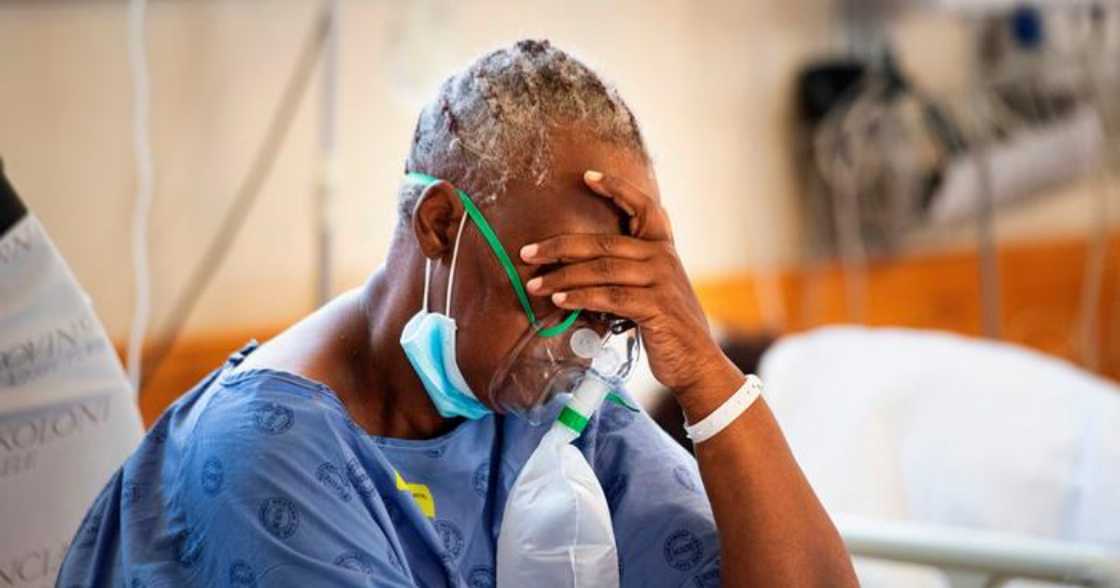COVID-19: We might not return to normal times until 2022 - WHO COVID-19 committee member
-The pandemic which was first reported in China has disrupted a lot of things, leading to many deaths
-It has also led to the institution of internal lockdowns and closure of borders
-And at the time vaccines were developed to fight the scourge, it begins to change
Our manifesto: This is what YEN.com.gh believes in
A member of the World Health Organisation’s (WHO) committee for COVID-19, Prof Helen Rees, warned that the world will only return to normal times well into 2022.
The South African, who is one of the world’s leading scientists, stated that normalcy will likely be caused by high coverage of the vaccines.

Source: Getty Images
"I think this new normal we all talk about is with us for a very long time,” Rees told the BBC.
Her remarks come as African countries including Ghana are battling to contain the second wave of the contagion.
The country has since the inception of this year witnessed an astronomical surge in case count. Active cases stand at 5,786 including 777 new ones as at the time of filing this report.
So far, 433 people have died from the deadly contagion, according to the Ghana Health Service (GHS) website.
Sixty-eight thousand, five hundred and fifty-nine Ghanaians were infected by the virus since the confirmation of the first two cases in March.
Rees said this about the new variants—the UK and South African variants, which are more transmissible, and that scientists are worried about the efficiency of the vaccines available against them.
She called for strict adherence to the COVID-19 safety protocols including wearing masks and social distancing because the “virus is nasty” and knows how to change.
“If we want to get rid of it, my advice to the politicians is to continue what you are doing - to have these measures,” Rees admonished.
Meanwhile, a herbal medicine, Cryptolepis sanguinolenta, was approved for a clinical trial in Ghana for the treatment of COVID-19.
Known locally as ‘Nibima’, Cryptolepis sanguinolenta's approval for the trial was announced on Monday, February 1, 2021, by the Food and Drugs Authority (FDA).
The herbal medicine developed by the School of Public Health at the Kwame Nkrumah University of Science and Technology (KNUST) was submitted to the FDA for the clinical trial in September 2020 and approval was granted in January 2021.
Ghana is set to receive the first batch of the over 17 million vaccines the country is expecting in March 2021.
The country has been earmarked as one of the 145 counties of the UN-led COVAX Facility to take delivery of 2.4 million doses of the AstraZeneca vaccine which is licensed to the Serum Institute of India (AZ/SII).
The delivery is estimated to begin before the end of February. The vaccine is expected to be administered to persons in key sectors such as health workers in the first quarter.
Enjoy reading our stories?
Join YEN.com.gh's Telegram channel!
Download YEN's news app on Google Play now and stay up-to-date with major Ghana news!
Source: YEN.com.gh



